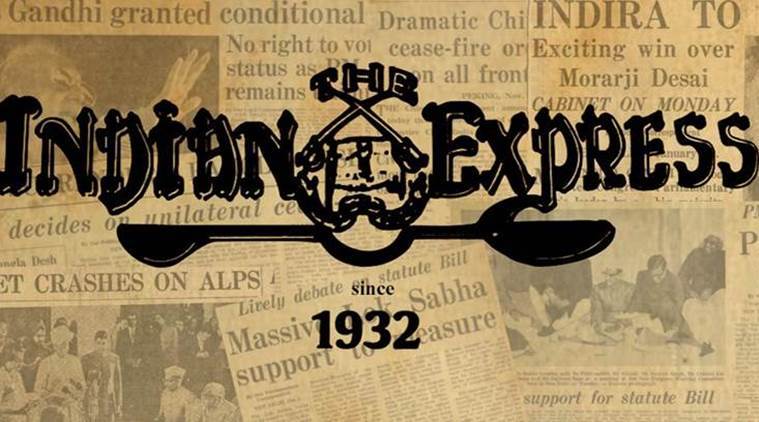 The ruling AIADMK now has 116 MLAs, including the Speaker, in the House of 234 members.
The ruling AIADMK now has 116 MLAs, including the Speaker, in the House of 234 members.
The Madras High Court order upholding the decision of the Speaker of the Tamil Nadu Assembly to disqualify MLAs elected on AIADMK tickets under the anti-defection law removes the shadow of instability that has loomed over the Edappadi Palaniswamy government since 2017. The ruling AIADMK now has 116 MLAs, including the Speaker, in the House of 234 members. With the state likely to have bypolls in 20 seats — 18 constituencies of the disqualified MLAs and two others — in the next six months, the AIADMK will need to win at least two seats to retain its majority in the House. The party has its task cut out since the political space in Tamil Nadu has got fragmented after the death of AIADMK supremo J Jayalalithaa in December 2016 and the entry of new players like Kamal Haasan and Rajinikanth. Besides, T T V Dhinakaran, nephew of Jayalalithaa’s aide V K Sasikala and leader of the rebel faction of AIADMK, is also targeting the AIADMK’s vote base.
The past 20 months have been exceptional for the state’s politics. The AIADMK imploded soon after Jayalalithaa died and leaders shifted loyalties in the most dramatic fashion. The rebellion by MLAs loyal to Sasikala almost caused the fall of the Edappadi government; the government has barely managed to survive in office amid constant chatter about more MLAs shifting their loyalty to Dhinakaran. The DMK has been a passive player in this drama, waiting for the government to collapse under the weight of its own contradictions. Today, Tamil Nadu politics is a crowded place with numerous political parties jockeying to carve out their space and further their prospects. Old ideological certainties have disappeared and new caste allegiances and political coalitions are in the making. These may even have a national impact since Tamil Nadu sends 39 MPs to the Lok Sabha and both the major national parties, BJP and Congress, have been dependent on the DMK and AIADMK to win seats from the state.
The bypolls must be held at the earliest since these 20 constituencies have been without a representative in the Assembly for more than a year now. Local body elections, which were scheduled to be held in 2016, have been postponed repeatedly on technical grounds. The bureaucracy has stepped in to ensure that administration has not suffered because of the political uncertainty: Local bodies, for instance, have been run by special officers for more than two years now. But the absence of people’s representatives in the governance process doesn’t augur well for democracy. The bureaucracy, however efficient, needs to function under political supervision.